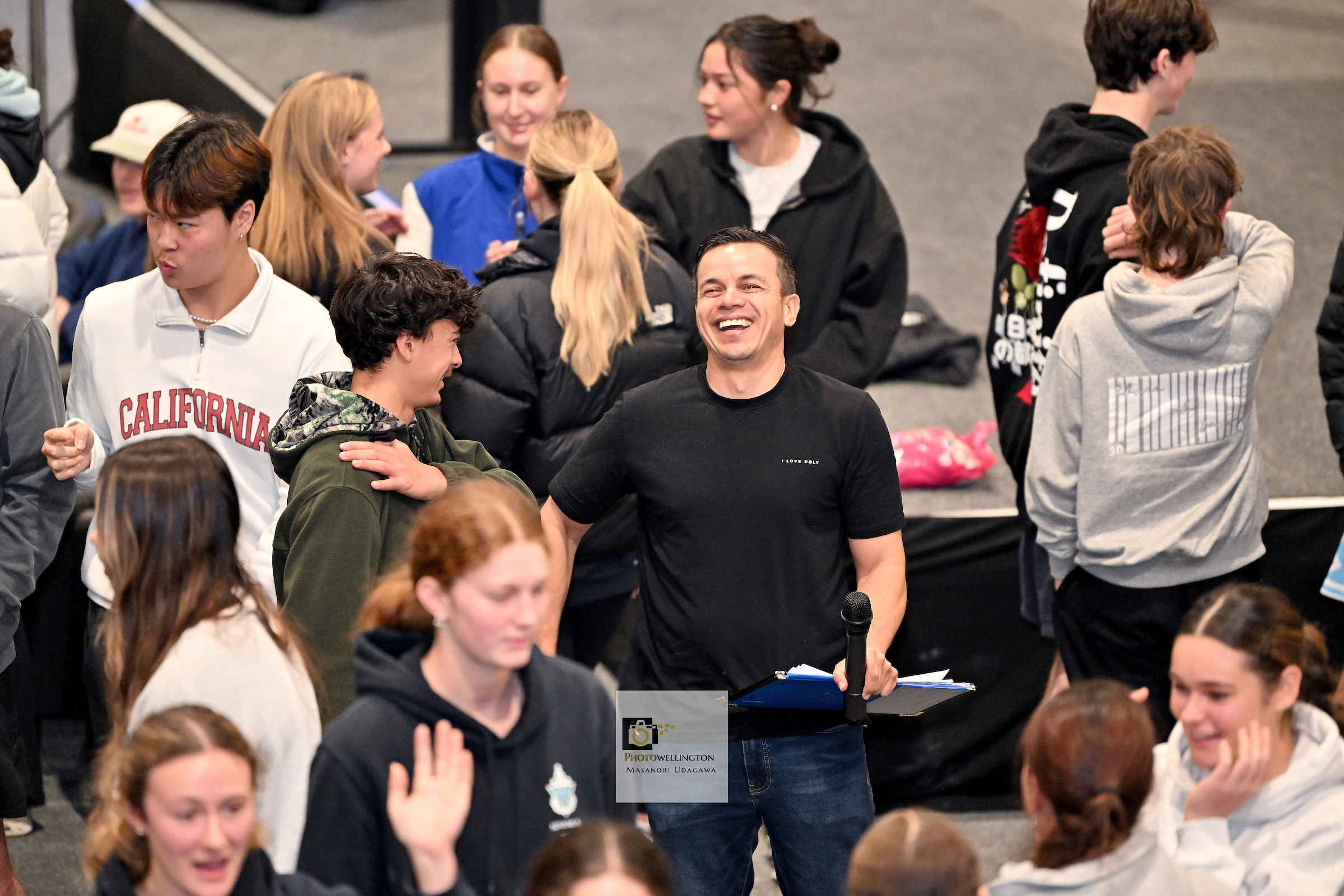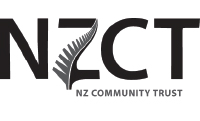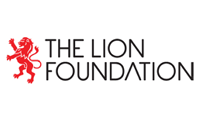Insights from CSW’s Youth ‘Game Changer’ Forum
26 June 2023

252 students from colleges across Wellington, (plus a few from further afield), attended College Sport Wellington’s inaugural Game Changer youth forum on 13 June at Te Rauparaha Arena in Porirua. With a focus on ‘shaping sports leaders of tomorrow’ Ameliaranne Ekenasio opened the day, sharing her personal journey with the highs and lows she’d experienced.
Key takeaways:
- Don’t write yourself off early! Just because you haven’t ‘made it’ during college, doesn’t mean that you can’t/won’t make it.
- Reflection and self-awareness are powerful tools that can help you to learn and grow. They take practice, but the earlier you can learn them the better as they’ll really help on your journey.
- Figure out what’s important to you. It’s your journey, so you need to decide what works for you.
- Even when things are hard to say, it’s important to say them. Trust your gut and address situations. Be yourself and be true to who you are.
- Lead by example.
- Continue showing up and learn as you go.
- Have support from people around you.
Ameliaranne spoke openly about the mental health struggles she faced as she juggled being captain of the Silver Ferns and dealing with everything else going on in her life as well. “From the outside it can all look great and like you have it all. You can overstate that you’re “all good” for too long.” Being overwhelmed is an early sign that you should reach out for help. It’s ok to admit when you’re struggling and to reach out for help, it isn’t a weakness – even if you’re the captain.
The students then moved into workshops focusing on Goal Setting & Wellbeing, Leadership, and a Student Q&A panel.
Goal Setting and Wellbeing Sessions with Tim Mannix and Davie Gray
‘What are things you want to get clear on when it comes to goal setting?’
- The outcome (so you know how to get there)
- The process (how are you going to get there?)
- When (timing/dates when you’re going to do it)
- What you’re going to commit to achieving (the desired outcome)
It was great to hear the students mention breaking goals down into short-term goals and hitting milestones along the way - and to be realistic! They then discussed:
- Identity - who are you? Be clear on this. Who do you want to become?
- What personal and performance characteristics do you need to achieve this?
- What’s your why? What excites you about it, why do you play?
- What is your dream? What do want to achieve? What will you commit to in order to achieve this?
Leadership session with Dr Lara Andrews and Damien Ekenasio
The students were asked, “What are the challenges you face as a leader?” Key themes that came through were:
- Pressure (from others, peers, themselves)
- Expectations
- Doubt, feeling like you’re not good enough, having to prove yourself, fear of judgement
- Leading people older than yourself, leading friends, dealing with parents
- People not listening
- Knowing what to say, having hard conversations
- Having to make the ‘right’ decisions
- Time management, balancing everything going on
Fear of failure (thinking you have to be perfect), pressure, and doubt were by far the most common themes that the rangatahi are dealing with.
Damien and Lara reinforced that no one is perfect so take that pressure off yourself. You don’t have to say all the right things, create space for others to speak and lead through your actions. Lara encouraged them to create a leadership group consisting of people with different strengths and to lean on others and share the load.
Damien ended by saying that Tall Poppy syndrome is like an infection that catches you in moments when you’re trying to do good and affects your willingness to want to lead. We need to change this perception of leadership! Stick at it and know that you have value and that what you’re doing is worthwhile.
Q&A Panel facilitated by George Jahnke, with ex-students Victoria Stowers, Paddy Martin and Connor Tuifao
The panel discussed how sport provides leadership opportunities and that you can be having an impact on others without even knowing it. You don’t have to be a team captain to be a role model.
Gems:
- Do what you do because you love it (even if not in the top team don’t stop playing)
- Establish a routine (to help you balance everything and fit it all in)
- In transitioning to university, you need to manage your time – you don’t have anyone telling you what you have to do so you have to learn self-management!
- Student coaches are effective as they form a closer bond with the players than adults can. You’re relatable and you see your players around at school. (Become a student coach!)
School goes by fast you don’t know what you’ve got until it’s gone. Victoria said that she “…wishes she’d joined more groups, played more sports, hung out with more/different people. You make so many memories at school” She encouraged the students to “make the most of your time there.”
Arizona Leger – closing keynote speaker
A semi-finalist for the 2021 Young New Zealander of the Year and now a seasoned keynote speaker, Arizona influences hearts and minds to think about your impact on the world. Following her opening, explaining her personal journey into leadership, she asked the students, on a scale of 1-10 how brave are you? When was the last time you chose to be brave?
She encouraged the students to step into leadership and explained that they’re not just leaders of the future – a phrase that is commonly used, they are “Leader of today and ancestor of tomorrow.” The actions you take today impact the ancestor you become tomorrow. What do you want to be remembered for?
College Sport Wellington surveyed the attendees after the event. Below are some quotes from the students in response to the question “What did you learn from the event and what will you take back to the school?”:
“I'm keen to apply everything from the leadership talk into my own way of showing leadership. I want to demonstrate to others what a good example of leadership looks like, and that they can also be leaders themselves.”
“To have more confidence in myself and to trust what I am doing.”
“I would be keen to run some sport events at break times.”
“I'm keen to do more student coaching and helping the junior students in their sport life but also their academic life. Giving back to my school by helping around the school.”
“Help out my school with coaching, reffing, helping others participate in being a part of a sports team so they could sit this leadership course in the future. Also finding a mentor.”
With responses like this, the event really was a ‘game changer’ for the attendees and can be deemed as a success for motivating and inspiring our leaders of the future.
This is an edited version of a longer more in-depth summary of the event. If you’d like to read the full story, email kirstenk@nukuora.org.nz.









